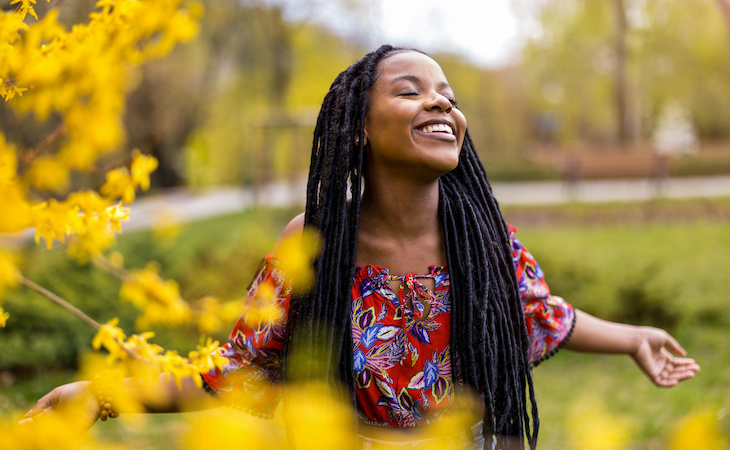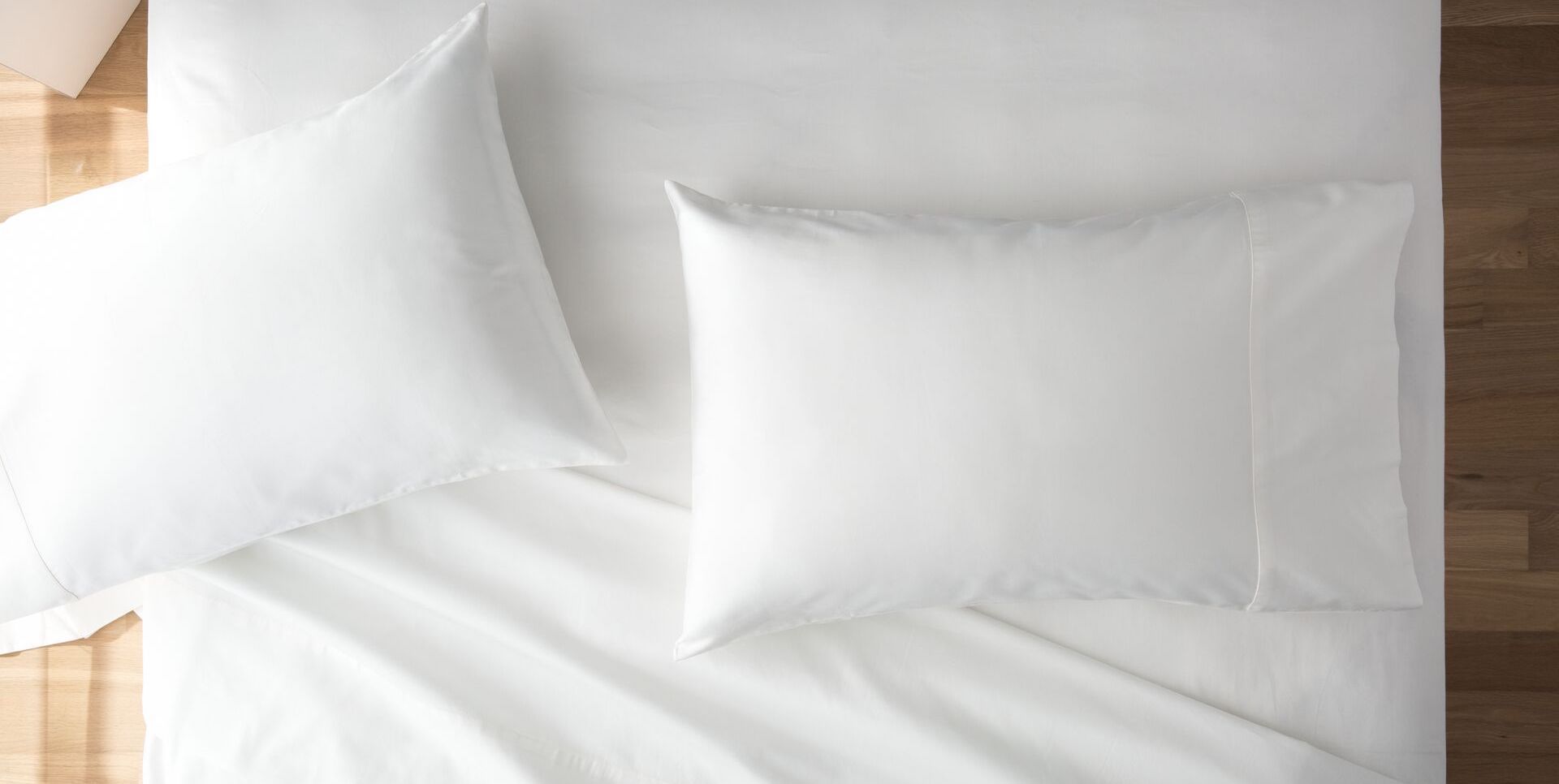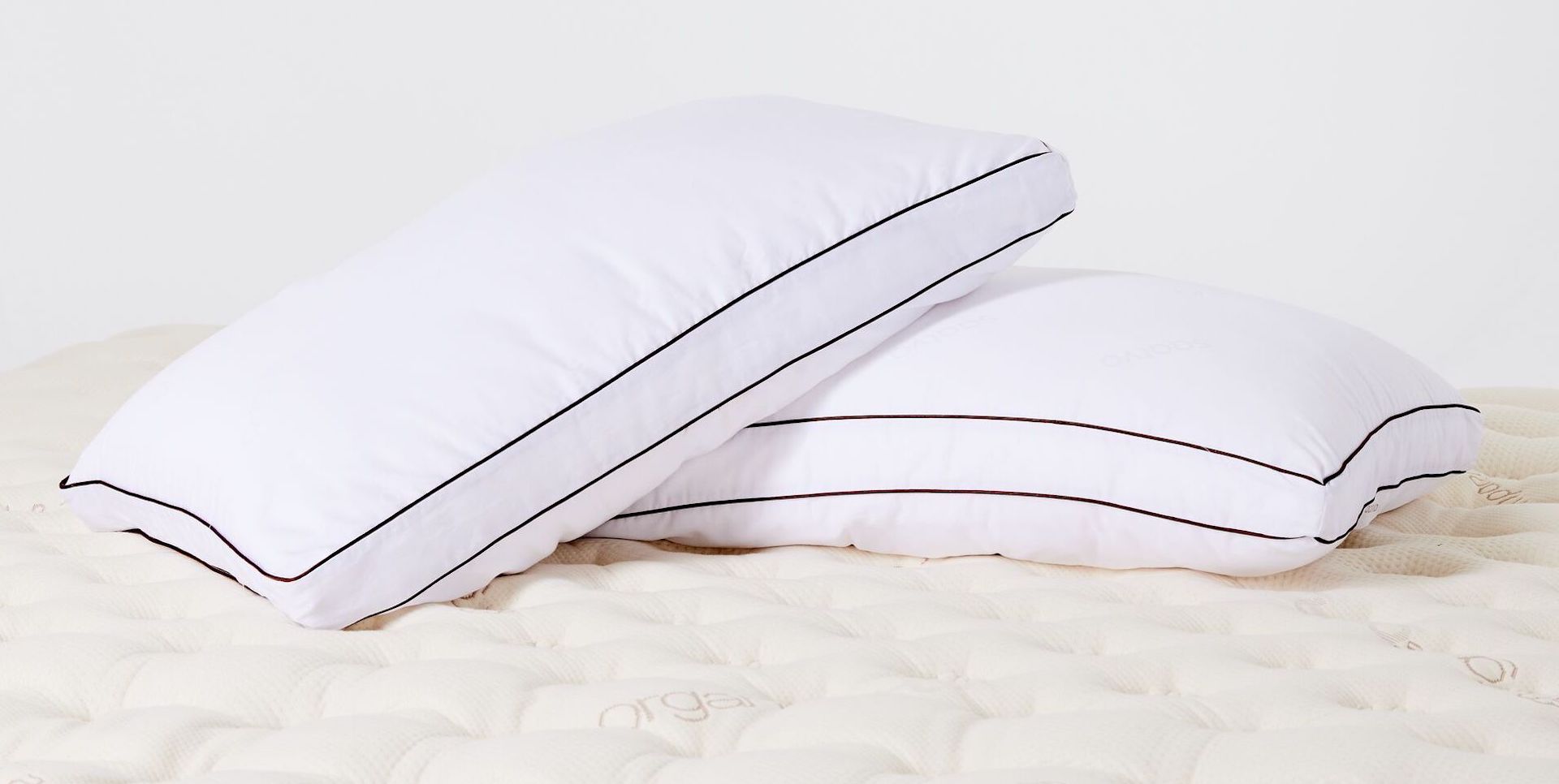Transitioning from winter to spring seems like a relief after all that snow and cold weather. With spring’s arrival comes increased warmth and sunshine and offers plenty of fun things to do outdoors.
But whether you’re aware of it or not, the change in seasons can actually bring on seasonal fatigue. In fact, the Spring Equinox has a funny way of throwing your sleep schedule completely out of whack.
Most common spring sleep problems and how to treat them
Daylight Saving Time
As Weiss notes, Daylight Saving Time (DST) can cause sleep loss and circadian dysregulation. “We will face darker mornings, with later sunrises, which make it difficult to wake up in the morning,” she says.
Then, in the evening, you’ll feel more alert, making it difficult to fall asleep. Weiss views this spring insomnia as a form of jet lag that can be detrimental to overall health.
“People may experience mood swings, irritability, increased daytime sleepiness, increased risk of cardiovascular events such as heart attack and stroke, and higher risk of accidents,” she says.
So, what should you do about it?
Weiss recommends sticking to a consistent sleep schedule and daytime routine. “Wake up and go to bed simultaneously every day, including on weekends,” she says. “Increasing exposure to light in the morning is also beneficial for staying alert during the day and sleeping better at night.”
Weiss adds that people with insomnia may experience more difficulty adjusting to DST.
Changes in melatonin production
Change of season fatigue, or “spring fatigue,” as Weiss calls it, is marked by difficulty falling asleep, which she says is a fairly common complaint during spring.
Changes in the photoperiod, or the duration of daytime, can also disrupt melatonin production. This is also connected to DST—and unfortunately, the increased fatigue can not only make people feel less than their best but can even cause an increase in car accidents.
The approach to this is the same as what you would do following DST: adhere to a consistent sleep schedule.
Allergies
Since allergies peak during spring and are often accompanied by a stuffed nose and post-nasal drip that complicates breathing, your sleep quality can suffer.
To decrease allergy symptoms and achieve better sleep, Weiss recommends proactively avoiding exposure to triggers (pollen, dust, etc.), drinking more water, sleeping with a humidifier, and using saline solution to rinse and clean your nose.
Weiss adds that people with obstructive sleep apnea may experience respiratory issues caused by allergies (and also colds), which can affect their use of CPAP.
If you have obstructive sleep apnea, seek advice from your healthcare provider, advises Weiss, especially if you’re experiencing nosebleeds, ear pressure, an extremely sore throat, shortness of breath, or a runny nose with a change in mucus color (from transparent to yellow or green).
FAQs
Why am I so tired in the spring?
If you feel exhausted right after Daylight Saving Time, it’s not in your head. The change in daylight and your daily schedule can impact your body’s circadian rhythm and melatonin production, resulting in insomnia and overall tiredness.
How do you get rid of spring fatigue?
“Increase exposure to light in the morning, particularly in the first hour upon awakening, to jump-start your biological clock,” Weiss says. “In addition, exercise during the day and keep a consistent schedule for meals and sleep. These behavioral changes strengthen the biological clock.”
Wondering why rain always makes you feel sleepy? Here’s how weather affects your sleep.







